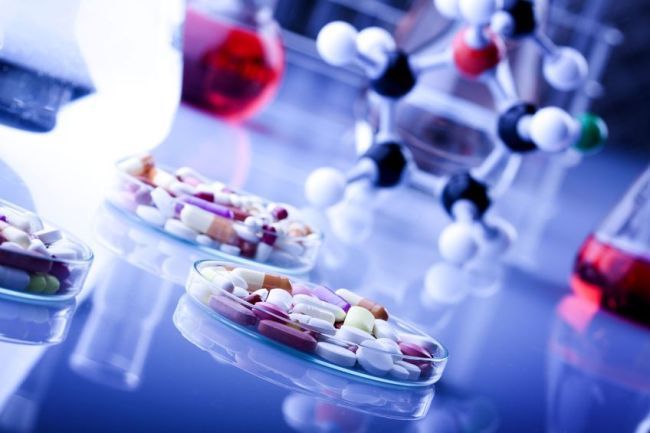Korea sees first biopharma trade surplus in 6 years
Celltrion’s Remsima leads exports, botox imports replaced by local products
By Sohn Ji-youngPublished : May 23, 2016 - 15:23
South Korea recorded a trade surplus in biopharmaceutical products last year led by a sharp growth in Celltrion’s overseas sales, the Ministry of Food and Drug Safety said Monday.
Korea’s biopharmaceutical exports rose 37.4 percent on-year to $892.4 million in 2015, while biopharma imports declined by 15.8 percent on-year to $738.22 million last year, according to the ministry data.
Korea’s biopharmaceutical exports rose 37.4 percent on-year to $892.4 million in 2015, while biopharma imports declined by 15.8 percent on-year to $738.22 million last year, according to the ministry data.

It marks Korea’s first biopharma trade surplus in six years, with exports exceeding imports by $71.02 million. Korea had posted a trade surplus of $36.53 million in the segment in 2009.
The surplus comes on the heels of successful exports of Celltrion’s Remsima and the replacement of botulinum toxin imports by their Korean counterparts, the ministry said.
Last year, Remsima alone racked up $439.32 million in overseas sales, accounting for about 55.7 percent of Korea’s net biopharma exports.
Celltrion’s drug is a biosimilar referencing Johnson & Johnson’s blockbuster rheumatoid arthritis treatment Remicade (infliximab). Biosimilars refer to near-replicas of biologic drugs that have lost patent protection.
Remsima, currently sold across Europe, is set to generate further sales overseas this year following its approval by the U.S. Food and Drug Administration in April.
In tandem with a surge in exports, Korea’s biopharmaceutical imports declined last year due to the rising usage of locally made botulinum toxin, commonly known as “botox,” the ministry said.
Botox imports declined by 31.9 percent from $8.18 million in 2014 to $5.58 million in 2015, according to the ministry data. At the same time, domestic botox production rose on-year by 2.9 percent to 78.8 billion won ($66.6 million).
Similarly, vaccine imports dropped by 39 percent on-year to $178.7 million in 2015, while domestic vaccine production rose 15.3 percent on-year to 432.3 billion won.
By Sohn Ji-young (jys@heraldcorp.com)


















![[Today’s K-pop] Treasure to publish magazine for debut anniversary](http://res.heraldm.com/phpwas/restmb_idxmake.php?idx=642&simg=/content/image/2024/07/26/20240726050551_0.jpg&u=)